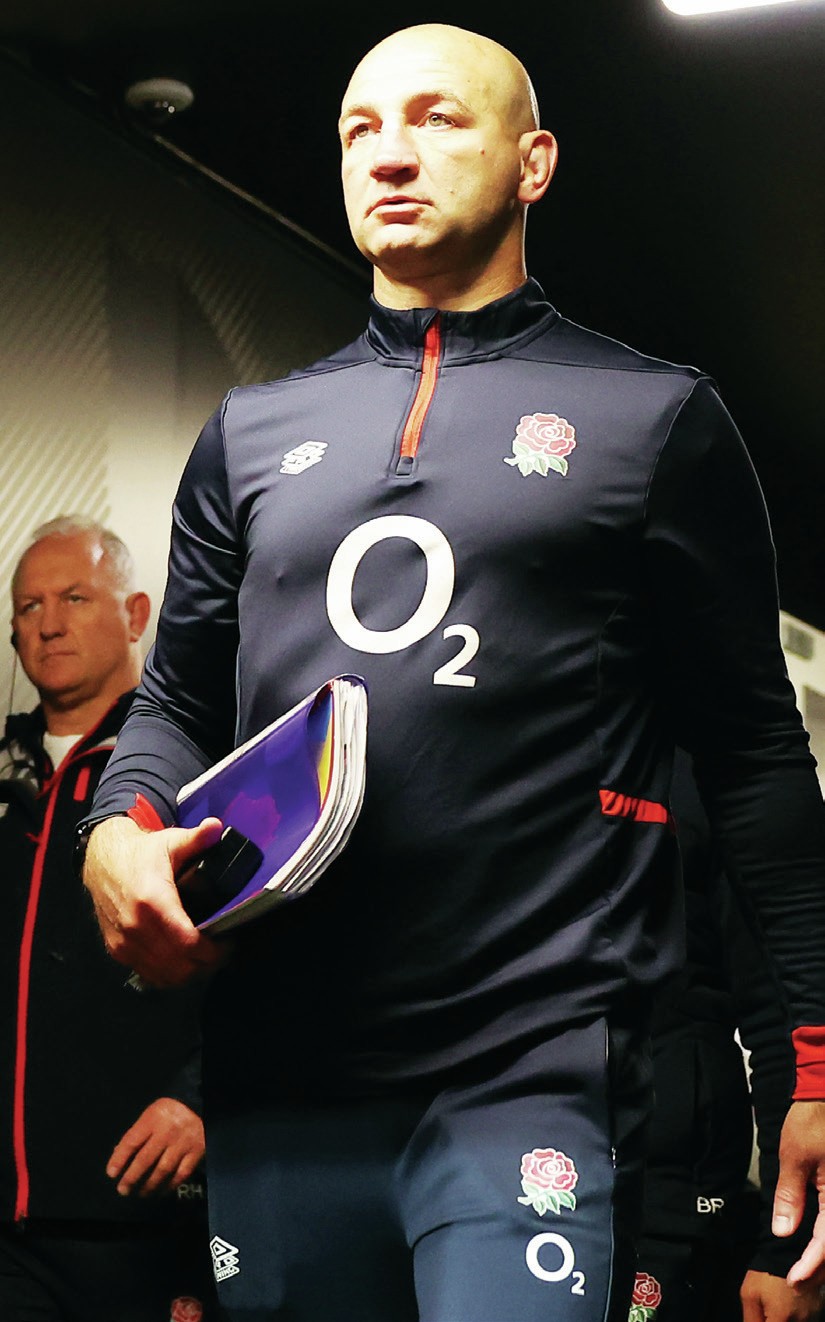England must find answers …and fast

Categories: Latest News, Nick Cain
Tags: Australia, Eddie Jones, England, Japan, Munster, New Zealand, Nick Cain, Premiership, Premium, Six Nations, South Africa
NICK CAIN
READ HIS EXPERT OPINION EVERY WEEK
Left in the lurch: England boss Steve Borthwick and, inset, Felix Jones, left, and Aled Walters
PICTURES: Getty Images
THE coaching churn that was a canker during the Eddie Jones’ tenure as England head coach has now spread to Steve Borthwick’s regime. The most worrying sign of this follows the bombshell decision this week by Felix Jones, a double World Cup-winning assistant coach with South Africa, to leave the England set-up after only seven months.
The bid by the Irishman, whose credentials as an talented attack/de...
Continue reading...
Access all our premium content from as little as 14p per day!
Already a subscriber to our website? Login